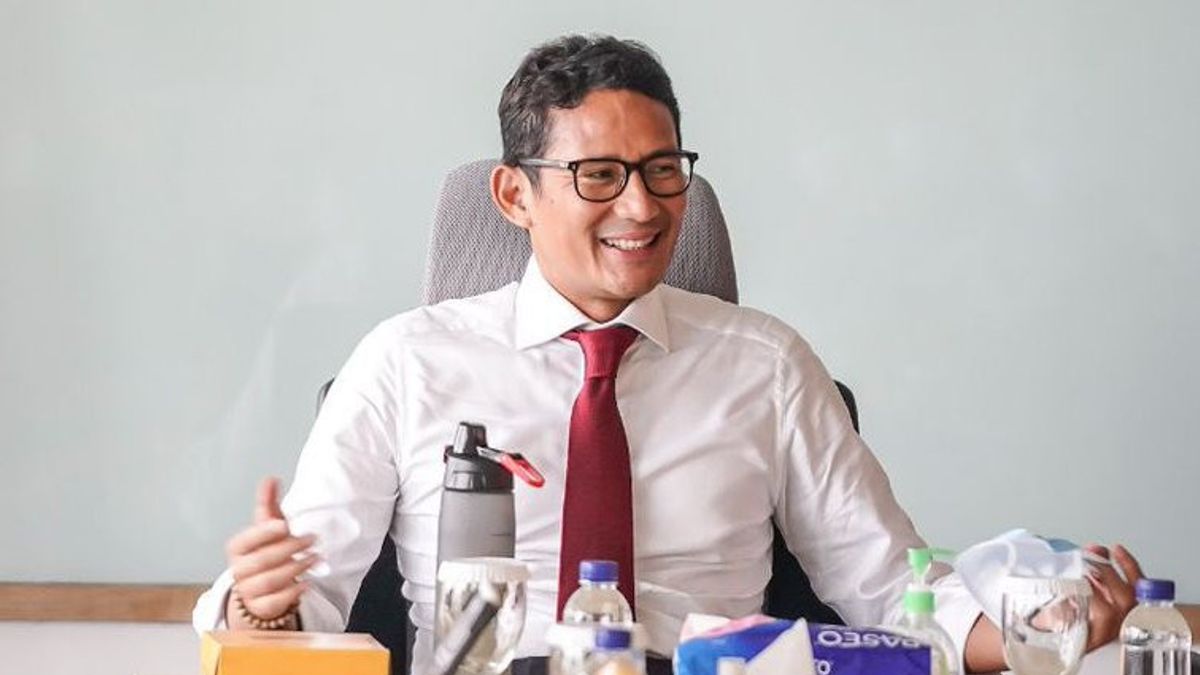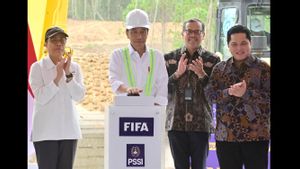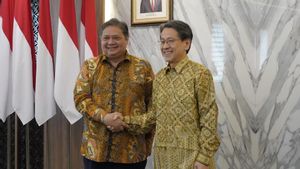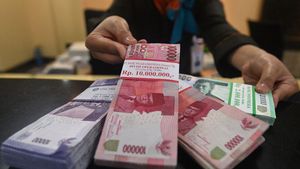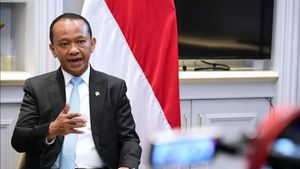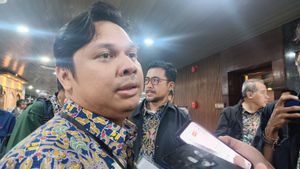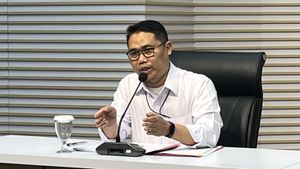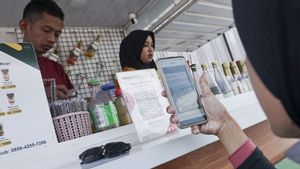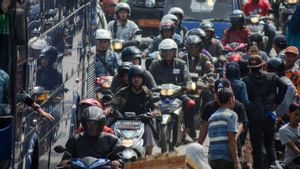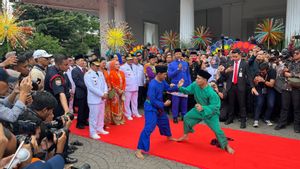JAKARTA - Minister of Tourism and Creative Economy (Menparekraf) Sandiaga Uno flooded criticism from the public after supporting Raffi Ahmad who wanted to build a beach club above the Gunungsewu Karst Nature Area (KBAK), Gunungkidul, Yogyakarta.
Responding to this, City Planning Observer Nirwono Yoga questioned Sandiaga Uno's attitude before approving the construction of the Beach Club, whether the prospective investor/developer at the KBAK had shown the results of the environmental, social and economic AMDAL test. According to him, this needs to be done to determine whether it has gone through a thorough study.
"So it's not just a formality to comply with regulations. In addition, whether investors have involved local communities from the start, especially how investors/developers strategy in anticipating and planning to mitigate potential natural damage that will occur due to regional development and physical development that will be carried out by investors/developers," said Nirwono Yoga in Jakarta, Thursday 11 January.
Not only that, he continued, it is also necessary to check how the concept of inclusive economic development will have a direct impact on local residents.
"It's not just providing job opportunities, but economic opportunities that improve the welfare of local residents as well as what will be applied to ensure nature's sustainability, not exploiting nature," he said.
He also argued whether Sandiaga had checked the spatial plan for the coastal area to be a protected heritage (Unesco), and did not fail to understand. The reason is that if the status of the Gunungsewu Karst Nature Area (KBAK), Gunungkidul is a protected heritage for Unesco, then there are limits that must be obeyed by all parties.
"If it is true that it is an ecological area protected by Unesco, then there are already strict regulations made by Unesco for the limited and strict use and development of the ecological area. This must be checked again," he said.
Then, he continued, if violations or discrepancies are found in regional spatial planning and Unesco requirements, the central government/Kemenparekraf can withdraw its support.
SEE ALSO:
"And local governments can consider or review their permits so that they can immediately be decided on a plan to develop a beach club in the area," he continued.
Furthermore, he considered that the public could also see and demand what form of job opportunities would be developed, accompanied by skills education that would improve the quality of human resources for local communities in the future independently.
"Because in the end the development of beach clubs or any projects there must be able to improve the welfare of local communities, preserve nature, even improve the quality of the environment, be greener, and respect local wisdom and maintain socio-cultural local communities," he said.
The English, Chinese, Japanese, Arabic, and French versions are automatically generated by the AI. So there may still be inaccuracies in translating, please always see Indonesian as our main language. (system supported by DigitalSiber.id)
